Home>Ideas and Tips>Indoor Hanging Garden Design: Suspended Plant Displays
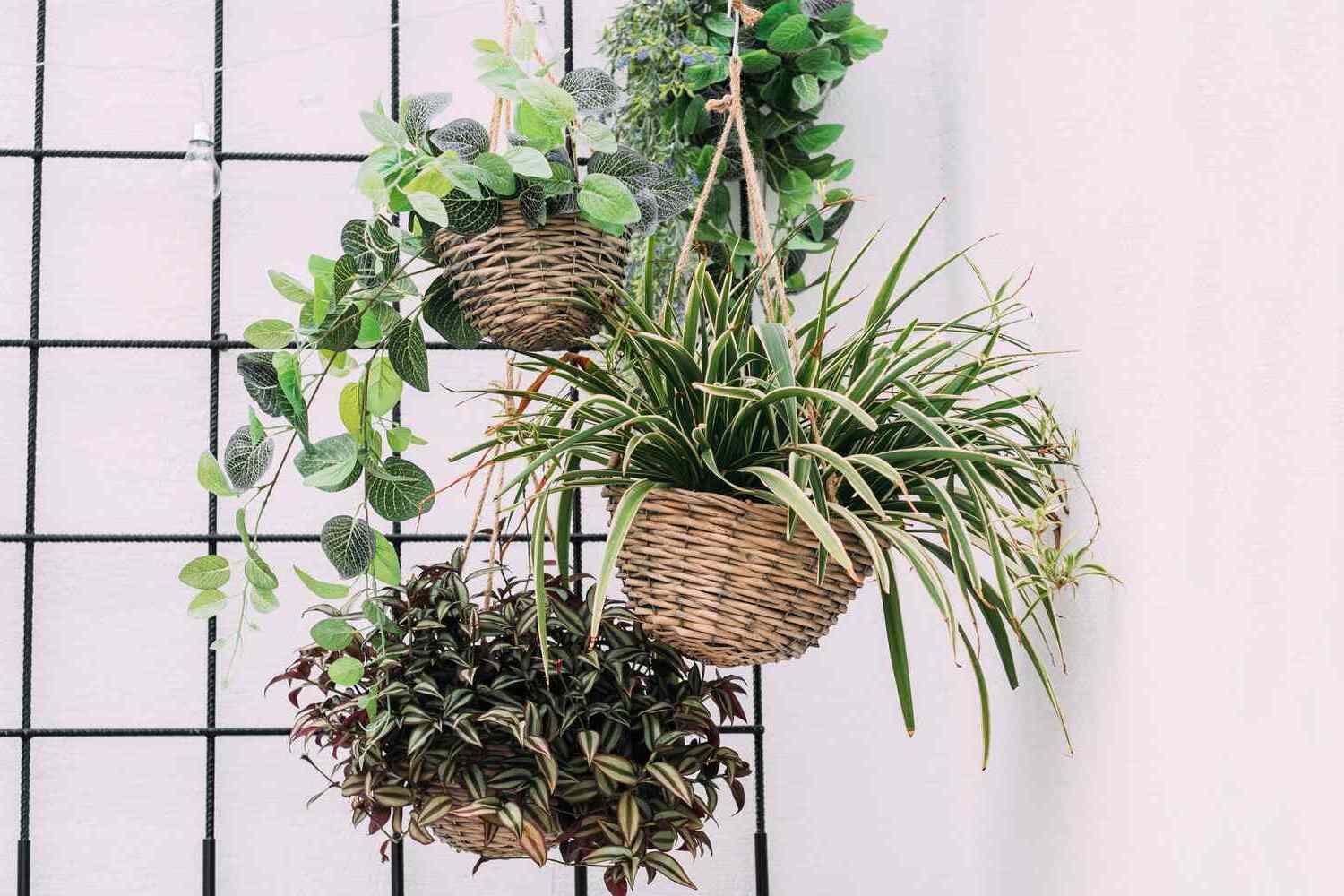

Ideas and Tips
Indoor Hanging Garden Design: Suspended Plant Displays
Published: September 1, 2024
Create stunning indoor hanging gardens with our design tips for suspended plant displays. Learn about plant selection, planters, and maintenance.
(Many of the links in this article redirect to a specific reviewed product. Your purchase of these products through affiliate links helps to generate commission for Storables.com, at no extra cost. Learn more)
Creating an indoor hanging garden is a fantastic way to bring natural beauty and freshness into your home. Not only do these gardens add a touch of elegance to any room, but they also provide a unique opportunity to showcase your favorite plants in a visually appealing manner. In this article, we will delve into the world of indoor hanging garden design, exploring the various techniques and tips for creating stunning suspended plant displays.
Understanding the Basics of Indoor Hanging Gardens
Before diving into the design process, it's essential to understand the basics of indoor hanging gardens. These gardens typically consist of plants suspended in mid-air using various types of planters or hangers. The choice of plants, hangers, and overall design will depend on the space available, the desired aesthetic, and the level of maintenance you are willing to commit to.
Choosing the Right Plants
Selecting the right plants for your indoor hanging garden is crucial. You want plants that are not only visually appealing but also thrive in indoor conditions. Here are some popular options:
- Herbs: Basil, mint, and rosemary are great choices for hanging gardens. They are easy to care for and can be used in cooking.
- Flowering Plants: Petunias, geraniums, and begonias add color and vibrancy to your space.
- Ferns and Ivy: These plants are perfect for creating lush, green displays.
- Succulents: Succulents like echeveria and crassula are low-maintenance and come in a variety of shapes and sizes.
Types of Planters and Hangers
The type of planter or hanger you choose will significantly impact the overall look of your indoor hanging garden. Here are some popular options:
- Macramé Hangers: These hangers are made from knotted cord and add a bohemian touch to your space.
- Chain Hangers: Chain hangers are versatile and can be adjusted to different lengths.
- Wicker Baskets: Wicker baskets provide a natural, earthy look and can be used to create a more rustic display.
- Self-Watering Planters: These planters have built-in water reservoirs, making it easier to maintain your plants.
Designing Your Indoor Hanging Garden
Now that you have an understanding of the basics, let's move on to designing your indoor hanging garden. Here are some tips to help you get started:
Assessing Your Space
Before you begin designing, take some time to assess your space. Consider the following factors:
- Lighting: Most plants require some level of light to thrive. Ensure that the area where you plan to hang your garden receives sufficient natural light.
- Temperature: Different plants have different temperature requirements. Make sure the area is within the acceptable temperature range for your chosen plants.
- Humidity: Some plants prefer higher humidity levels, so if you live in a dry climate, consider using a humidifier.
Planning Your Layout
Once you have assessed your space, it's time to plan your layout. Here are some steps to follow:
- Start Small: Begin with a small section and gradually expand as you gain experience.
- Group Plants: Grouping plants together creates a visually appealing display and can help maintain humidity levels.
- Balance: Balance your design by mixing different textures, colors, and shapes.
Selecting Plants for Your Design
When selecting plants for your design, consider their growth habits and space requirements:
- Trailing Plants: Plants like ivy and ferns are perfect for trailing down from the hanger.
- Upright Plants: Plants like succulents and herbs can be placed upright in the planter.
- Combining Plants: Combine different types of plants to create a diverse and interesting display.
Tips for Maintaining Your Indoor Hanging Garden
Maintaining an indoor hanging garden requires regular care to ensure your plants thrive. Here are some tips:
Watering
Watering is one of the most critical aspects of maintaining your indoor hanging garden:
- Check Moisture Levels: Use a moisture meter to check the soil moisture levels.
- Watering Schedule: Create a watering schedule based on the specific needs of your plants.
- Self-Watering Planters: If you're using self-watering planters, make sure to refill the water reservoir as needed.
Pruning
Pruning is essential for maintaining the health and appearance of your plants:
- Regular Pruning: Regularly prune your plants to maintain their shape and promote healthy growth.
- Deadheading: Remove spent flowers to encourage more blooms.
Fertilizing
Fertilizing provides essential nutrients to your plants:
- Balanced Fertilizer: Use a balanced fertilizer that meets the nutritional needs of your plants.
- Fertilizing Schedule: Follow a fertilizing schedule based on the specific needs of your plants.
Creative Ideas for Your Indoor Hanging Garden
Here are some creative ideas to enhance your indoor hanging garden:
Using Unconventional Materials
Don't be afraid to think outside the box when it comes to materials:
- Old Ladders: Use old ladders as planters for a unique and rustic look.
- Macramé Plant Hangers: Create your own macramé plant hangers using cord and wooden dowels.
- Repurposed Items: Repurpose old items like mason jars or wooden crates to create planters.
Adding Decorative Elements
Adding decorative elements can enhance the aesthetic appeal of your indoor hanging garden:
- Ornaments: Add ornaments like shells, pebbles, or small decorative stones to the planter for added texture.
- Lighting: Use string lights or fairy lights to create a warm ambiance.
- Artificial Decorations: Add artificial decorations like flowers or greenery to fill gaps between plants.
Common Mistakes to Avoid
While creating an indoor hanging garden can be a fun and rewarding experience, there are common mistakes to avoid:
Overcrowding
Avoid overcrowding your planters as this can lead to poor air circulation and increased risk of disease.
Insufficient Light
Ensure that your plants receive sufficient light; otherwise, they may not thrive.
Read more: The Best Plants For A Beautiful Indoor Oasis
Poor Watering Habits
Avoid overwatering or underwatering your plants; both can be detrimental to their health.
Conclusion
Creating an indoor hanging garden is a wonderful way to bring nature indoors while adding a touch of elegance to your space. By understanding the basics, planning your layout carefully, and maintaining your garden regularly, you can create a stunning suspended plant display that brings joy and beauty into your home. Whether you're a seasoned gardener or just starting out, these tips and ideas will help you create a thriving indoor hanging garden that you'll love for years to come.
Additional Resources
For more inspiration and detailed guides on creating indoor hanging gardens, consider the following resources:
- Nouveauraw.com: This website offers extensive tips on decorating with houseplants, including interior landscaping techniques.
- Cdispatch.com: Felder Rushing's articles on garden design provide valuable insights into landscape layout and plant selection.
- Thursd.com: This platform offers various tips on designing indoor gardens, including advice on choosing the right plants and hangers.
By combining these resources with the tips outlined in this article, you'll be well on your way to creating a beautiful and thriving indoor hanging garden.
Was this page helpful?
At Storables.com, we guarantee accurate and reliable information. Our content, validated by Expert Board Contributors, is crafted following stringent Editorial Policies. We're committed to providing you with well-researched, expert-backed insights for all your informational needs.
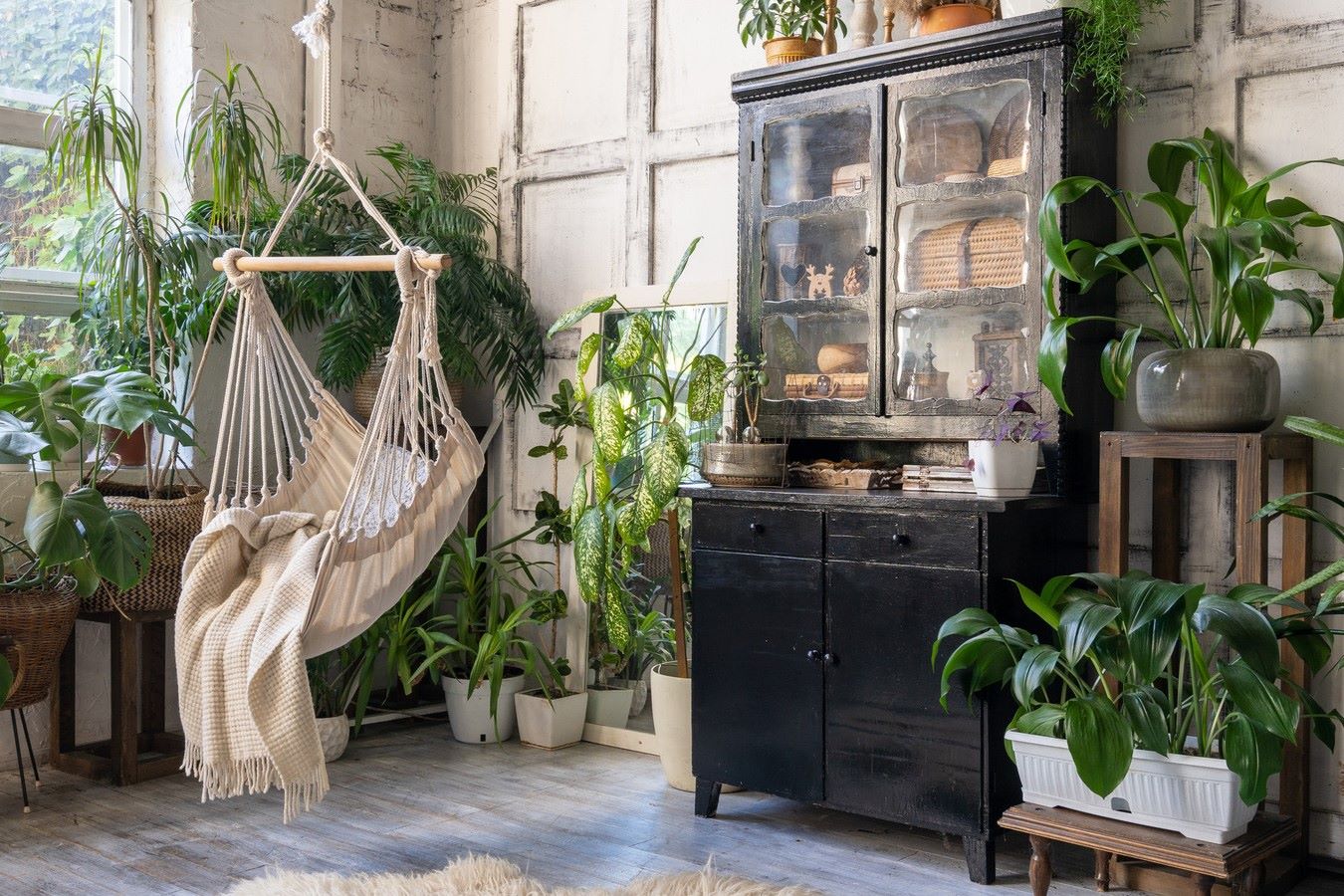
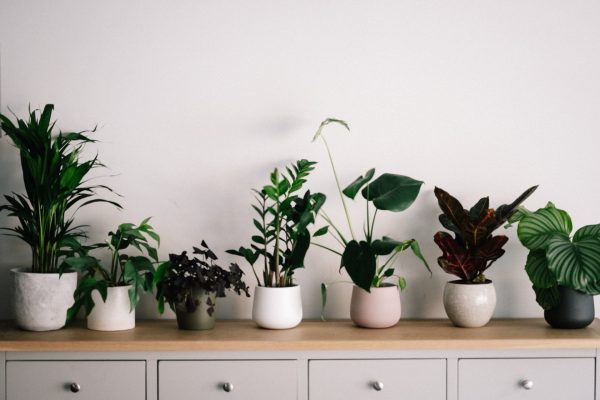
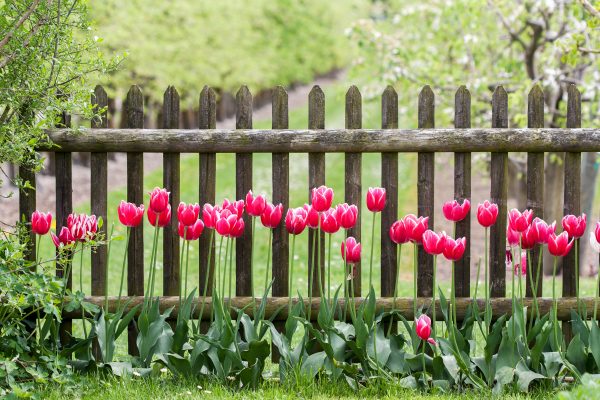
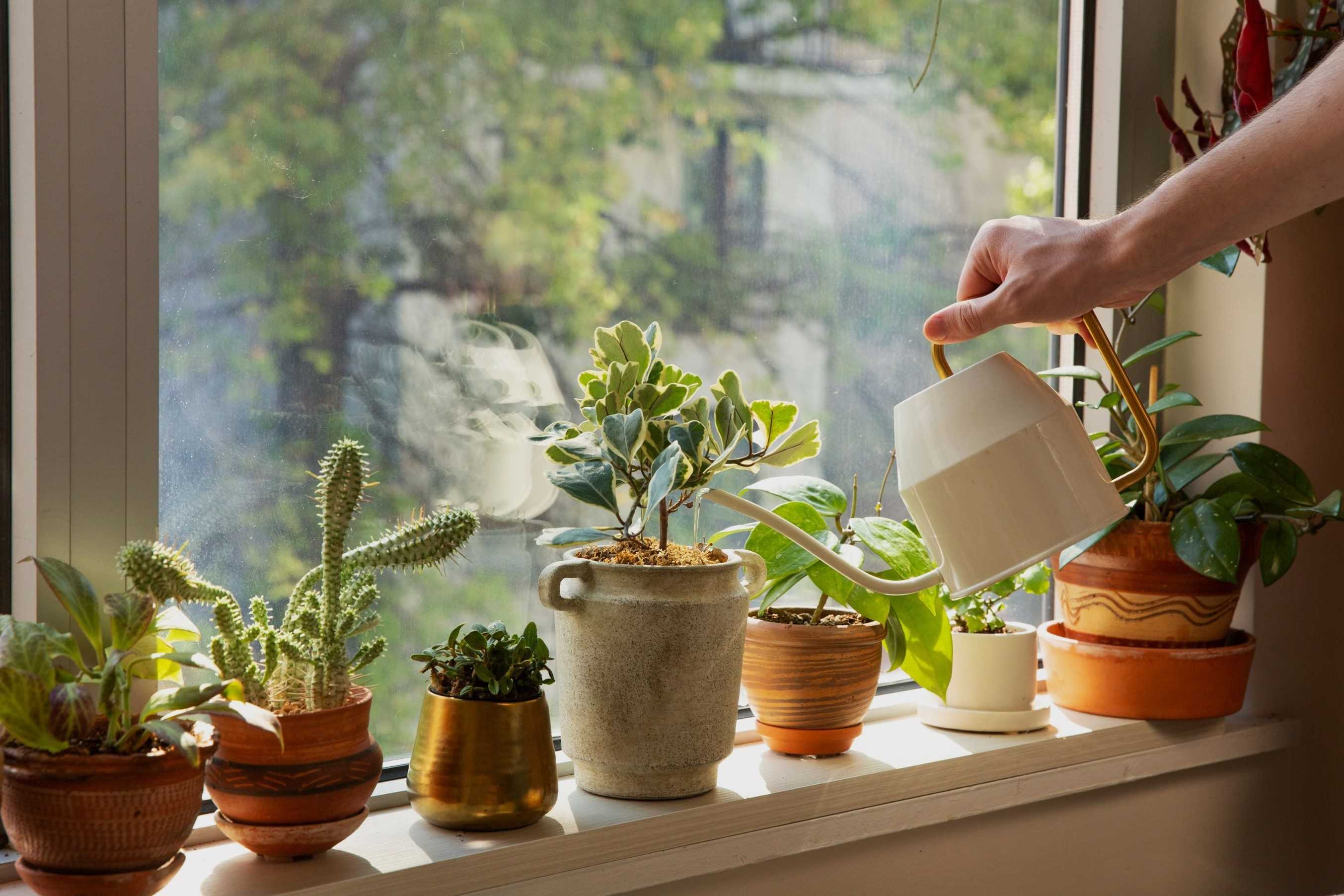
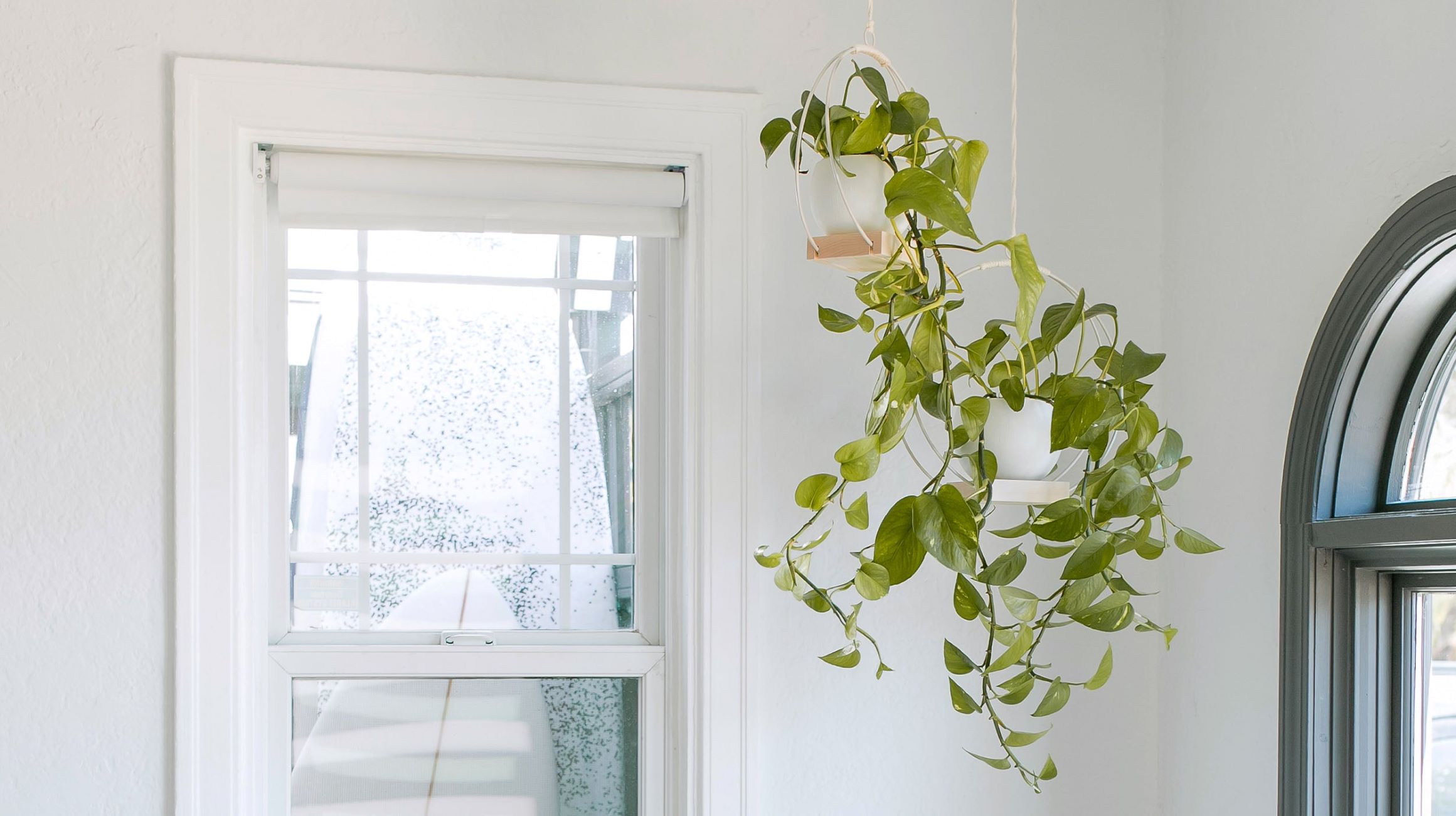
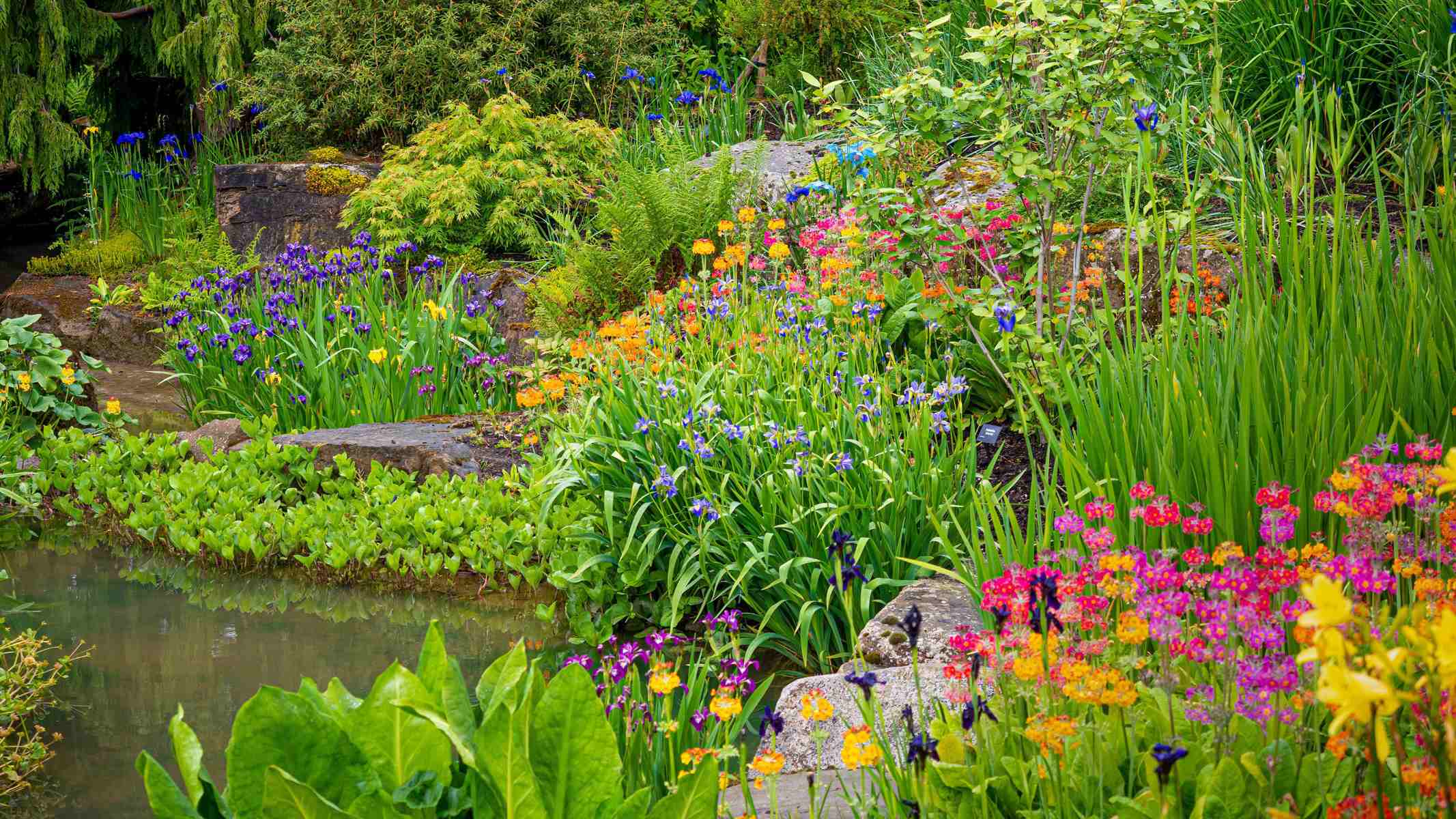
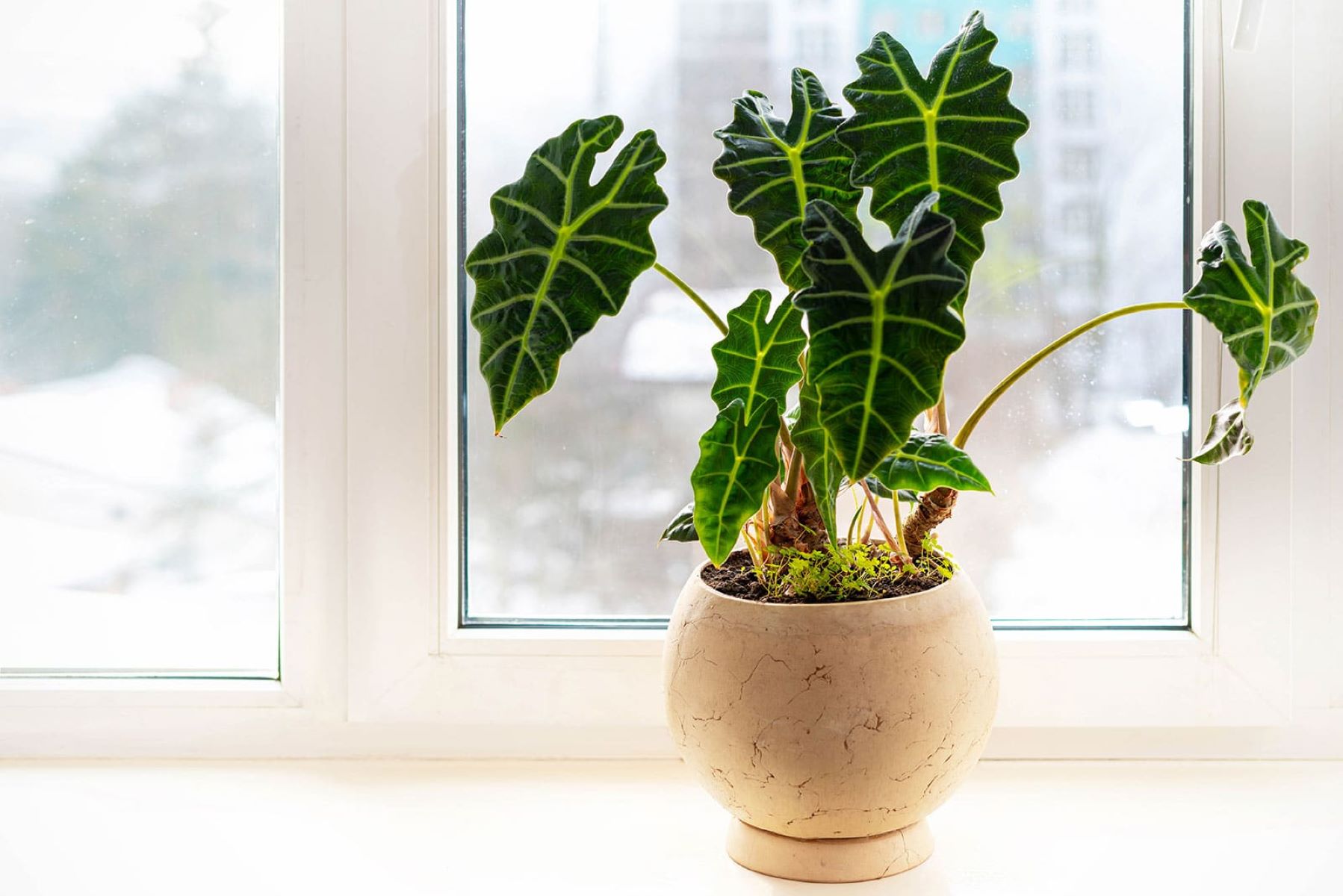
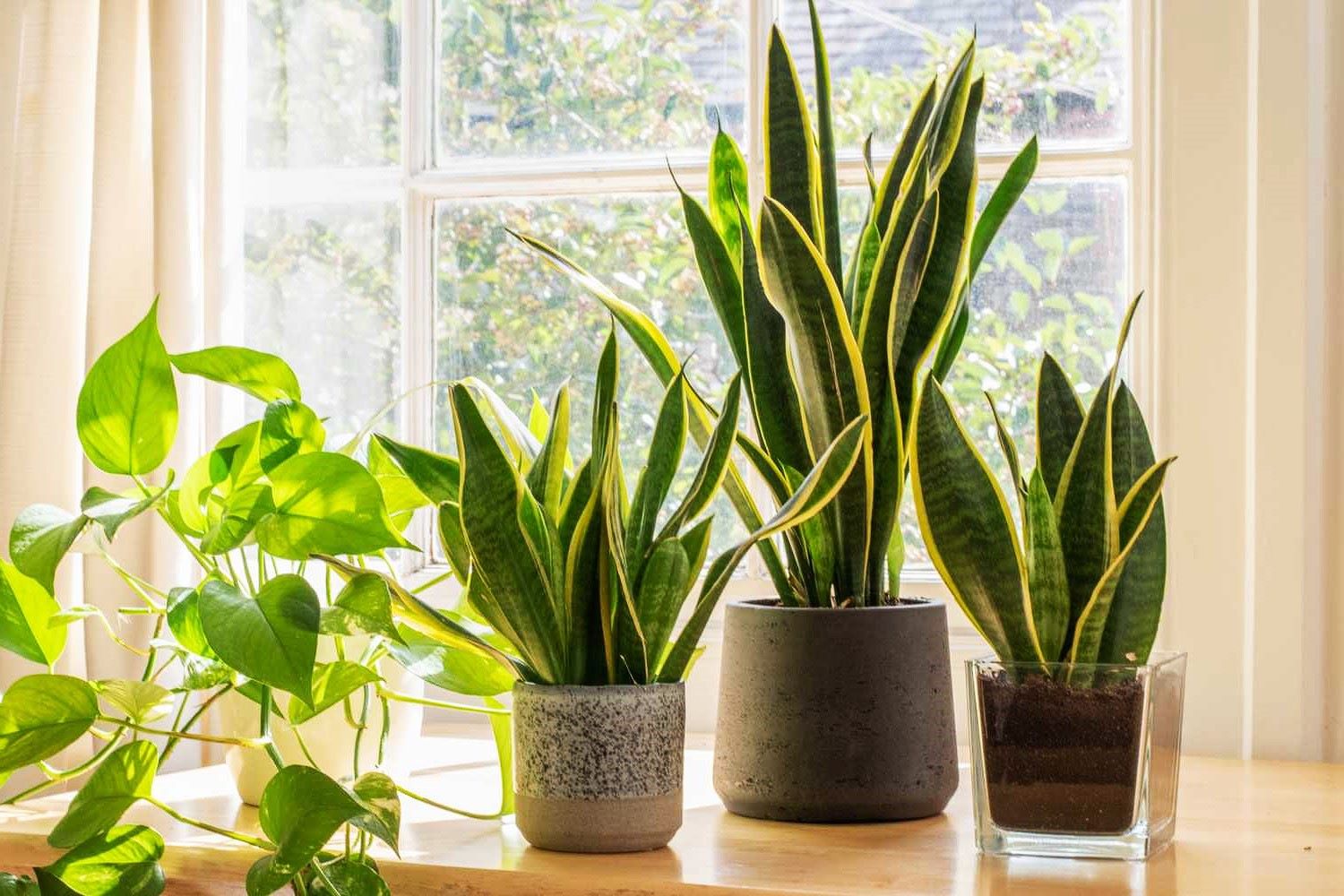
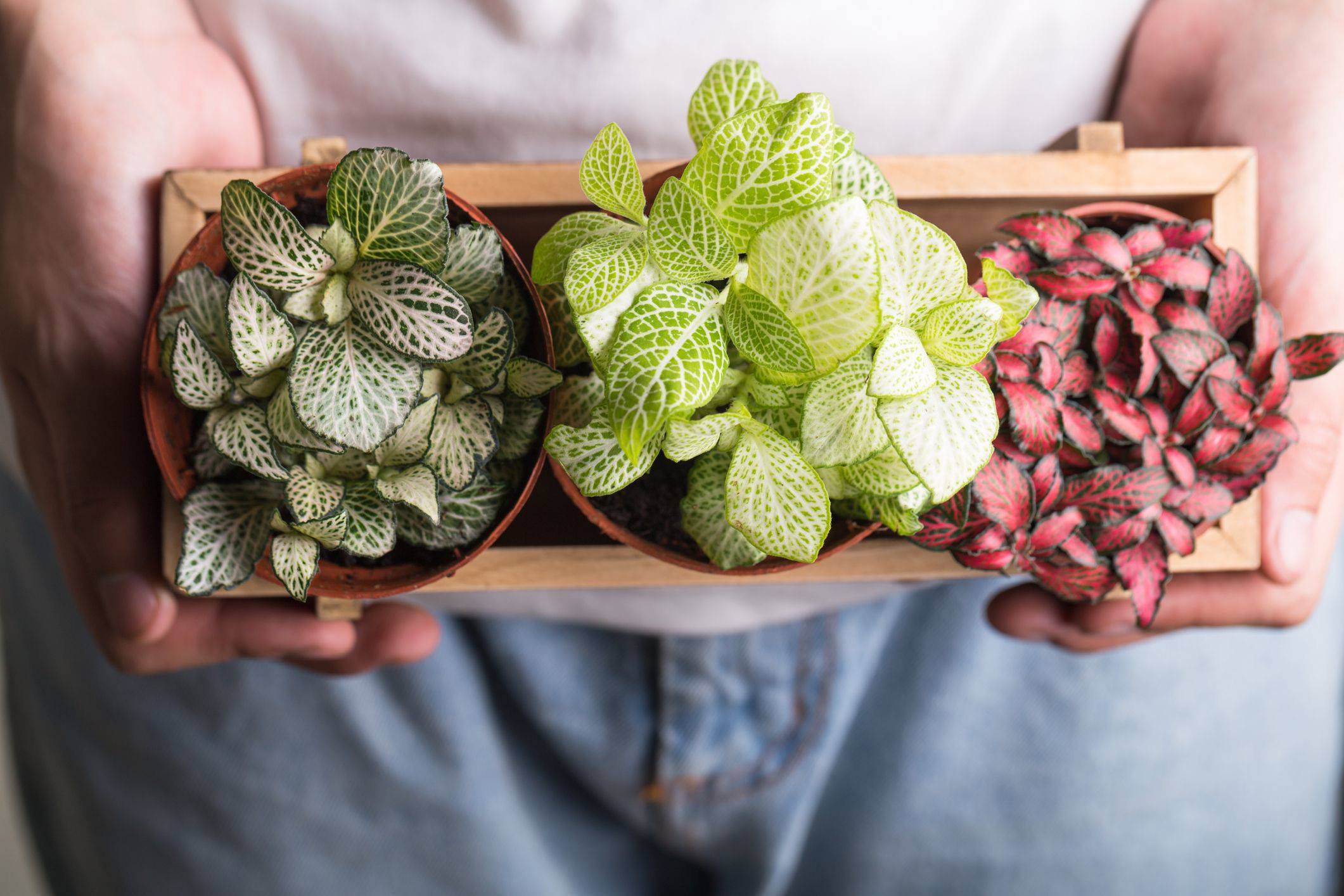
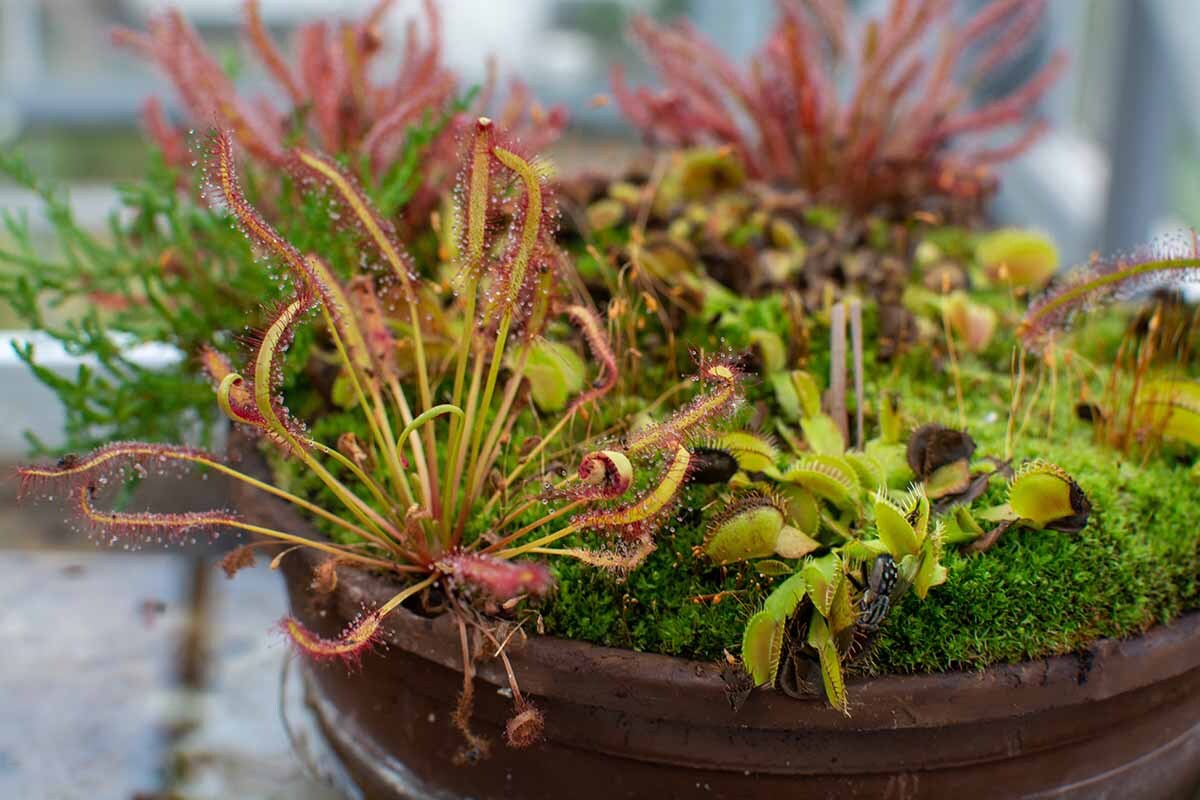
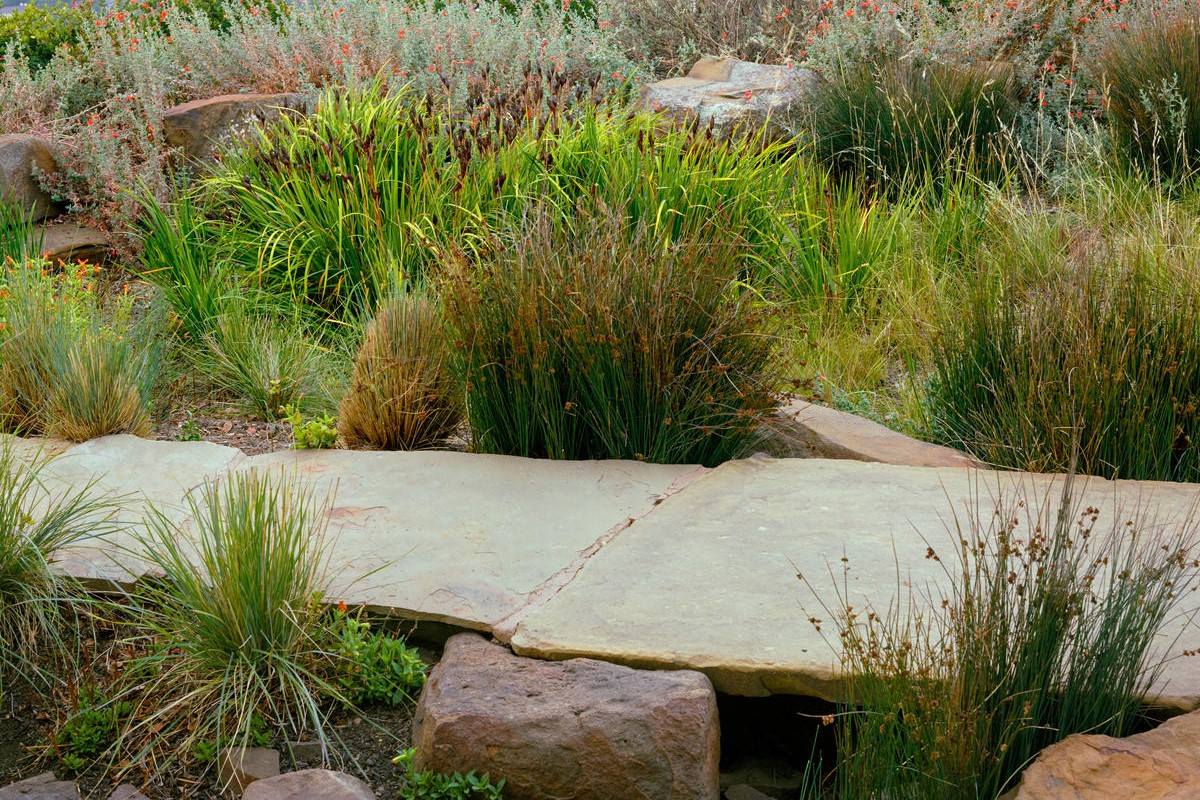

0 thoughts on “Indoor Hanging Garden Design: Suspended Plant Displays”